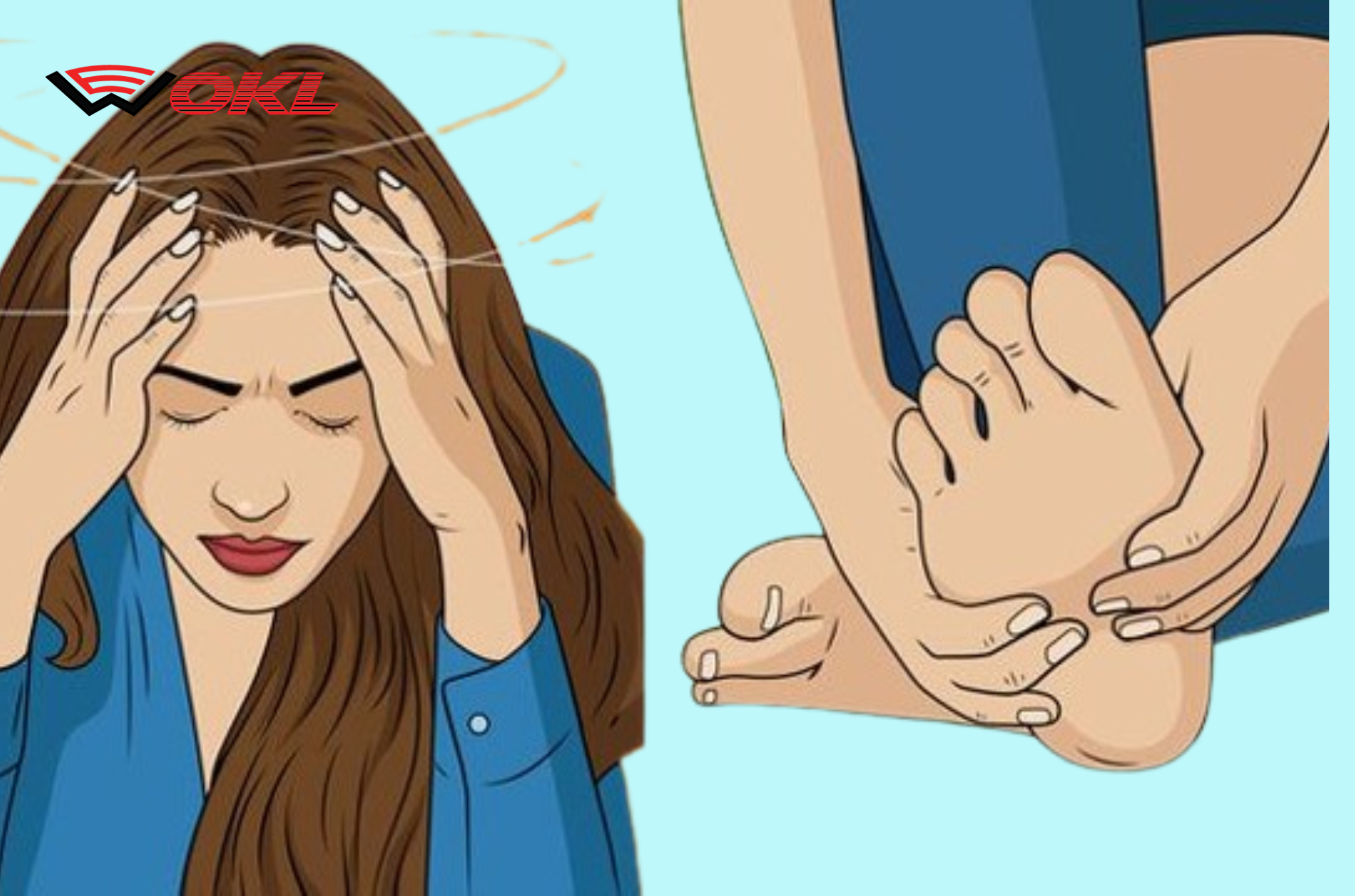Epidermoid cysts are a common condition that many people experience. Although these cysts are often mistakenly called sebaceous cysts, this is incorrect. According to the
Read MoreYour body is an intricate system that constantly communicates with you. It sends subtle, and sometimes overt, signals when something is wrong. Recognizing these signs
Read MoreIt may sound unusual, but many women are turning to cabbage leaves as a natural remedy for a variety of breast-related issues. The surprising benefits
Read MoreCoconut oil is not just a popular cooking ingredient—it is also known for its numerous beauty and health benefits. Whether you believe it or not,
Read MorePsychologists who study body language and human behavior suggest that the way we sit can reveal a lot about our intentions and personality traits. When
Read More1. Persistent Fatigue If you’re always tired despite adequate rest, it could indicate issues like anemia, thyroid problems, or chronic fatigue syndrome. Extreme exhaustion may
Read MoreVaseline, widely known for its moisturizing properties, has an unexpected use that might surprise you—removing unwanted hair! While it may not be a permanent solution,
Read MoreFlatulence, though often a source of embarrassment, is completely normal. Here are some interesting facts about farting that might surprise you: 1. People Fart 14
Read MoreClogged arteries, also known as atherosclerosis, occur when fatty deposits (plaque) build up inside the arteries, restricting blood flow. This condition increases the risk of
Read MoreColon cancer often develops silently, with symptoms that are easy to miss or confuse with other minor health issues. Unfortunately, this can lead to delayed
Read More









